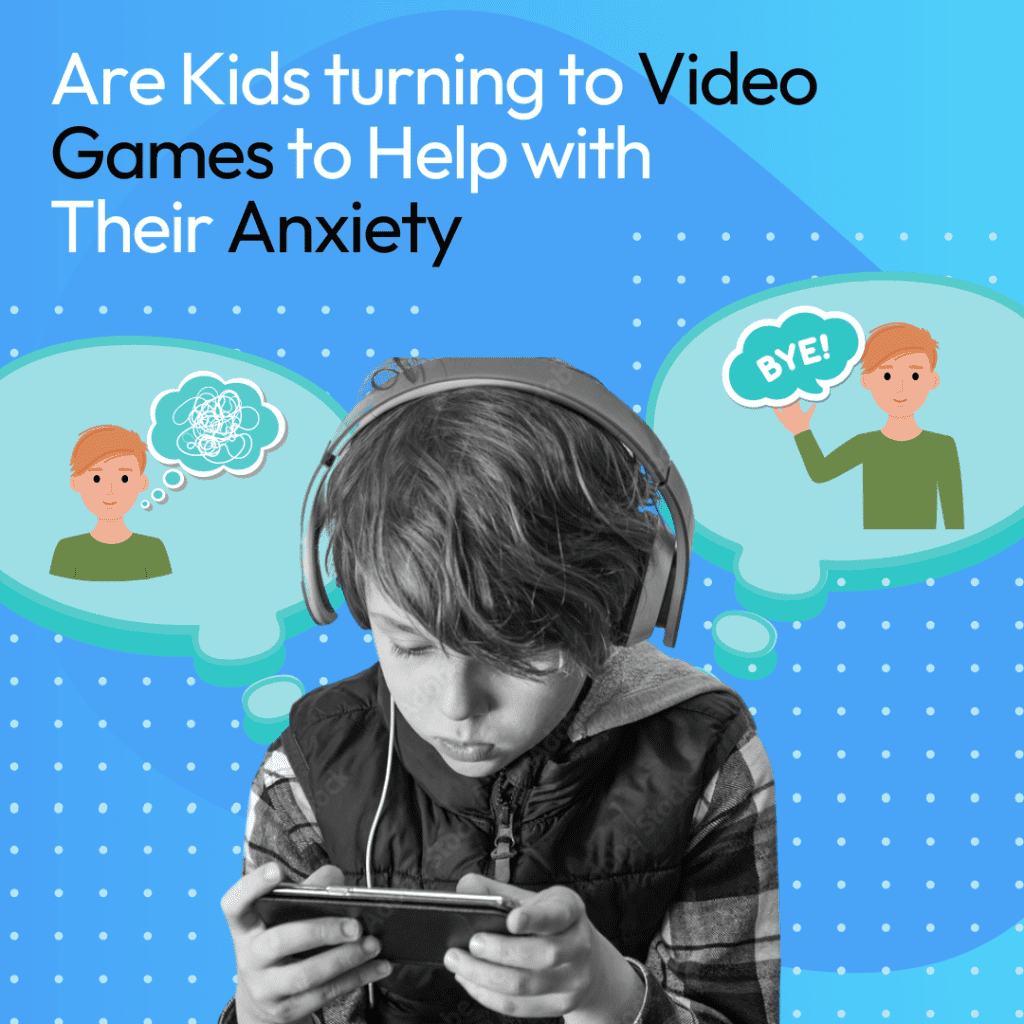In today’s digital age, video games have become an integral part of many children’s lives. As a parent, you might be concerned about the impact these games have on your child’s well-being, particularly when it comes to anxiety. Are kids turning to video games as a coping mechanism for their anxiety? This blog post aims to explore this question, providing insights into the relationship between video games and anxiety in children. By understanding the potential benefits and drawbacks, you can make informed decisions regarding your child’s gaming habits.
The Appeal of Video Games
Video games have a unique allure for children, offering immersive and interactive experiences. These virtual worlds provide an escape from reality and can be engaging and entertaining. Many kids find solace in video games, as they offer a sense of control, achievement, and social interaction. The positive aspects of gaming, such as problem-solving, teamwork, and creativity, can also contribute to improved mental well-being.

Addressing Anxiety
Anxiety is a prevalent concern among children, and parents are increasingly curious about whether video games can alleviate or exacerbate these feelings. While video games cannot replace professional help, they may offer some temporary relief from anxiety symptoms. Engaging in gameplay can distract children from their worries and provide a sense of calm. Cooperative games also encourage social interaction, which can help combat feelings of isolation.
However, it’s essential to recognize that excessive gaming can have adverse effects. Spending excessive time gaming may lead to neglect of other important activities, such as schoolwork, physical exercise, and face-to-face social interactions. Moreover, certain game genres, such as highly competitive or violent ones, may increase stress levels and contribute to heightened anxiety. As a parent, it’s crucial to strike a balance between allowing your child to enjoy video games and ensuring they engage in a well-rounded lifestyle.
Guidelines for Healthy Gaming
To harness the potential benefits of video games while managing anxiety, consider implementing the following guidelines:
- Set limits: Establish clear boundaries regarding gaming time and ensure your child understands and respects them. Encourage breaks and diversify activities to promote a balanced routine.
- Age-appropriate content: Choose games suitable for your child’s age and maturity level. Consider exploring educational or relaxation-focused games that can provide a more soothing experience.
- Parental involvement: Take an active interest in your child’s gaming habits. Engage in discussions about their experiences, learn about the games they play, and play together occasionally to foster bonding. Stay involved with ProtectMe.
- Monitor online interactions: Teach your child about online safety and the importance of responsible behavior while gaming. Regularly check in on their interactions and encourage open communication if they encounter any concerning situations.Try ProtectMe to receive alerts of any dangers online while gaming.
- Encourage outdoor activities: Balance screen time with physical exercise and outdoor play. Engaging in physical activities helps release endorphins, reducing stress and promoting overall well-being.
- Seek professional guidance: If your child’s anxiety symptoms persist or worsen, consult a healthcare professional or mental health expert. They can offer appropriate interventions and support tailored to your child’s specific needs.
Conclusion
While video games can provide temporary relief from anxiety and offer various developmental benefits, it’s crucial for parents to monitor and guide their children’s gaming habits. By striking a balance between gaming and other activities, setting limits, and fostering open communication, you can ensure your child’s well-being remains a priority in their gaming experiences.